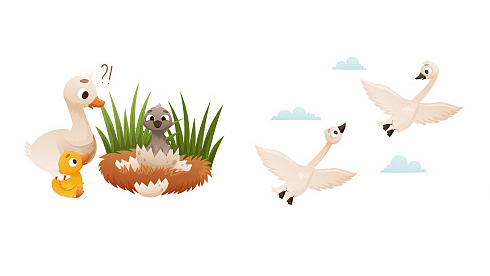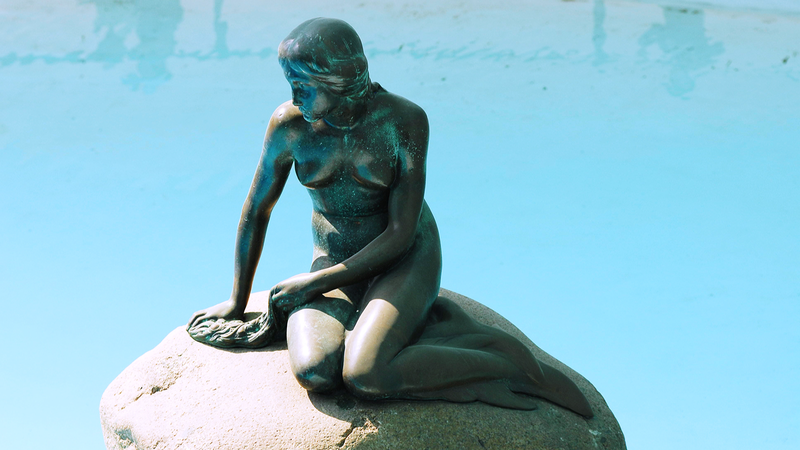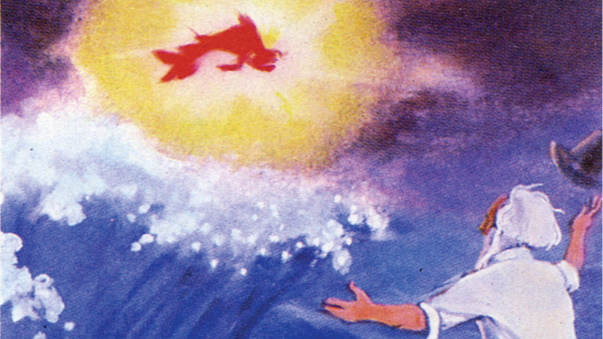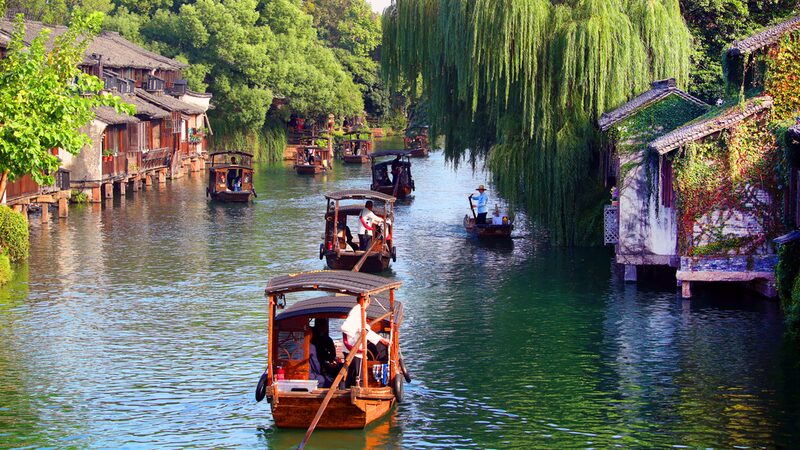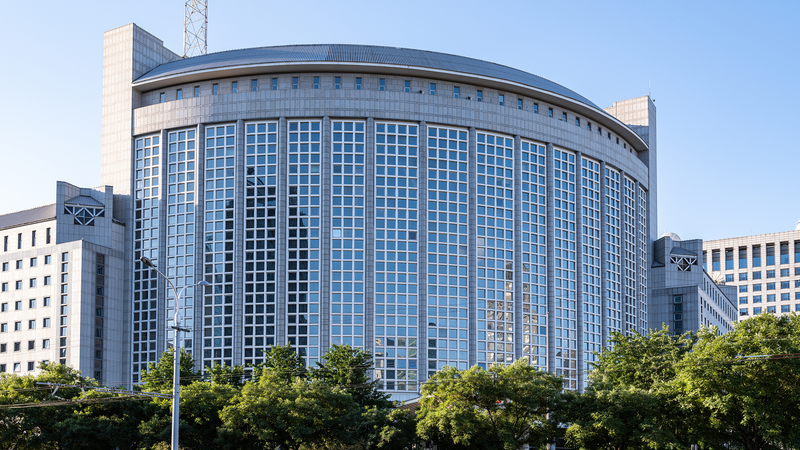In a world where diplomacy often feels formal, Denmark’s Foreign Minister Lars Lokke Rasmussen’s visit to China this week has an unlikely mascot: Hans Christian Andersen’s timeless tale, The Ugly Duckling. This 19th-century story, translated into Chinese over a century ago, is now sparking fresh conversations about shared values and cross-cultural understanding. 🌏✨
The tale of an outcast ‘duckling’ who blossoms into a graceful swan has echoed through generations of Chinese households. Since its first Chinese publication in the early 1900s, the story’s themes of resilience and self-discovery have resonated deeply, inspiring adaptations in books, cartoons, and even theater. 📖🎭
🏮 ‘It’s a story about finding your place in the world,’ says Liu Mei, a Beijing-based children’s book curator. ‘Chinese parents often use it to teach kids about perseverance and inner strength.’ The tale’s popularity reflects China’s long-standing appreciation for Andersen’s work—his stories are staples in school curricula and bedtime rituals alike.
As Denmark and China strengthen cultural ties, the ‘duckling diplomacy’ highlights how art transcends borders. Rasmussen’s trip coincides with discussions about collaborative projects, including literary exchanges and animated adaptations. 🎬🤝
📈 Beyond nostalgia, the story’s universal message—of overcoming adversity to embrace one’s true self—feels strikingly relevant today. In an era of global challenges, this feathery fable reminds us that growth often begins where comfort ends.
Reference(s):
'The Ugly Duckling,' a story shared between China and Denmark
cgtn.com
